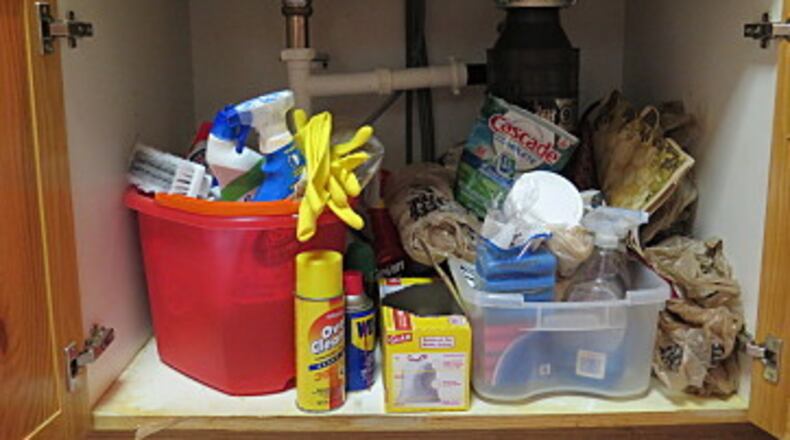More than 150,000 men, women and children are poisoned each year in Georgia, and nearly half of the emergency calls involve children younger than 6 years old. That statistic, from the 2014 annual report of Georgia Poison Center, should raise concerns, particularly among parents. Since children are more likely to ingest poisonous material, know how to identify this potential harm and take action if you suspect your child has ingested something dangerous:
Some poisons are more obvious than others. Many of us know that common household cleaning supplies could pose a risk to young kids rummaging through kitchen cabinets. But what about some of the more obscure poisonous materials? Carbon monoxide is colorless and odorless, and you and your kids may be easily exposed to this toxic gas, particularly if fuel is burning or proper ventilation is lacking. Plants are another source of potential harm for kids, many of whom touch or eat just about anything. Click here for a list of poisonous plants commonly found in Georgia. In addition to carbon monoxide and plants, lead could present a danger for those who live in a home built and painted before 1978. According to the Georgia Poison Center, children absorb lead more easily than adults, with kids more likely to ingest chipping paint or wallpaper dust around the house. Reference this list to identify poisons and learn about safety tips and symptoms of exposure.
Use medicines as directed and keep them out of reach of children. Improper dosing of medications, both prescription and over-the-counter, can pose health risks to children. In addition, the Centers for Disease Control and Prevention advise keeping medications in safe, designated areas, as kids can easily get into pill boxes, coat pockets, purses and backpacks. The CDC has published this tip sheet about medication safety.
Take action if you suspect your child has ingested something harmful. Years ago, parents were advised to keep Syrup of Ipecac in their first-aid kits in case of poisoning. The American Academy of Pediatrics no longer advises this, and Children's Healthcare of Atlanta addresses this change in poison protocol on its website. If your child has been exposed to something poisonous and she is not alert or breathing, call 911 immediately. If she is awake and alert, dial the poison control hotline at 1-800-222-1222. Provide the following information: the child's age and weight, exact product ingested, amount and time of ingestion, and any symptoms. Poison control representatives will advise you on the next steps. You likely will need to report to a local emergency department for monitoring. Take action, even if you are unsure, but have suspicions, that your child consumed something.
Consider top-rated safety products for poison prevention. Preventing access to harmful materials is the most important step to keep your child safe. Shop around for products that will suit your family's needs. If cabinet locks are a priority, Home Depot offers the highly recommended Safety 1st Complete Magnetic Locking System. The retail giant also offers an entire "child safety" section on its website. Medicine lock boxes such as this one are a great option to secure pill bottles. With winter arriving soon, it's important to have a carbon monoxide detector in your home. This one has a 10-year battery life. Some local fire departments can help install detectors. Click here to find a metro Atlanta location near you.
Educate your children on the dangers of consuming and tampering with poisonous material, and encourage them to be honest and open with you if they have ingested or witnessed another child ingesting something harmful.
About the Author
Keep Reading
The Latest
Featured


